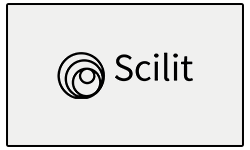Indigenous Epistemologies: The Practice and Challenges of Inclusion of IK in the Classroom Lessons of Primary and Middle School Teachers of Amhara Region, Ethiopia
Abstract
Abebe Yeseraw, Tadesse Melesse and Asrat Dagnew Kelkay
This study investigated the practices and challenges of indigenous knowledge (IK) in the classroom teaching. The sample size was obtained using available sampling methods. The results of the data collected through the questionnaire and interviews showed the presence attempts of teachers to consider and relate classroom lessons to IK systems. However, lack of awareness about the knowledge of IK possessors, socially demoralizing IK possessors, the culture of undermining the ancients’ noble works, little attention given for IK inclusion in the textbook and inaccessibility of well-documented indigenous values posed challenges in doing so. There were no statistically significant mean differences between male and female respondents when considering local area indigenous values and facing challenges. Whereas, there were statistically significant differences between teachers teaching in towns and rural areas in terms of incorporating indigenous pedagogies during lesson planning and in terms of incorporating IK in the classroom teaching. The post hoc analysis of variances also revealed that these changes seemed to indicate that the value of sensing knowledge diversity in the classroom may increase as service year increases in teaching.




